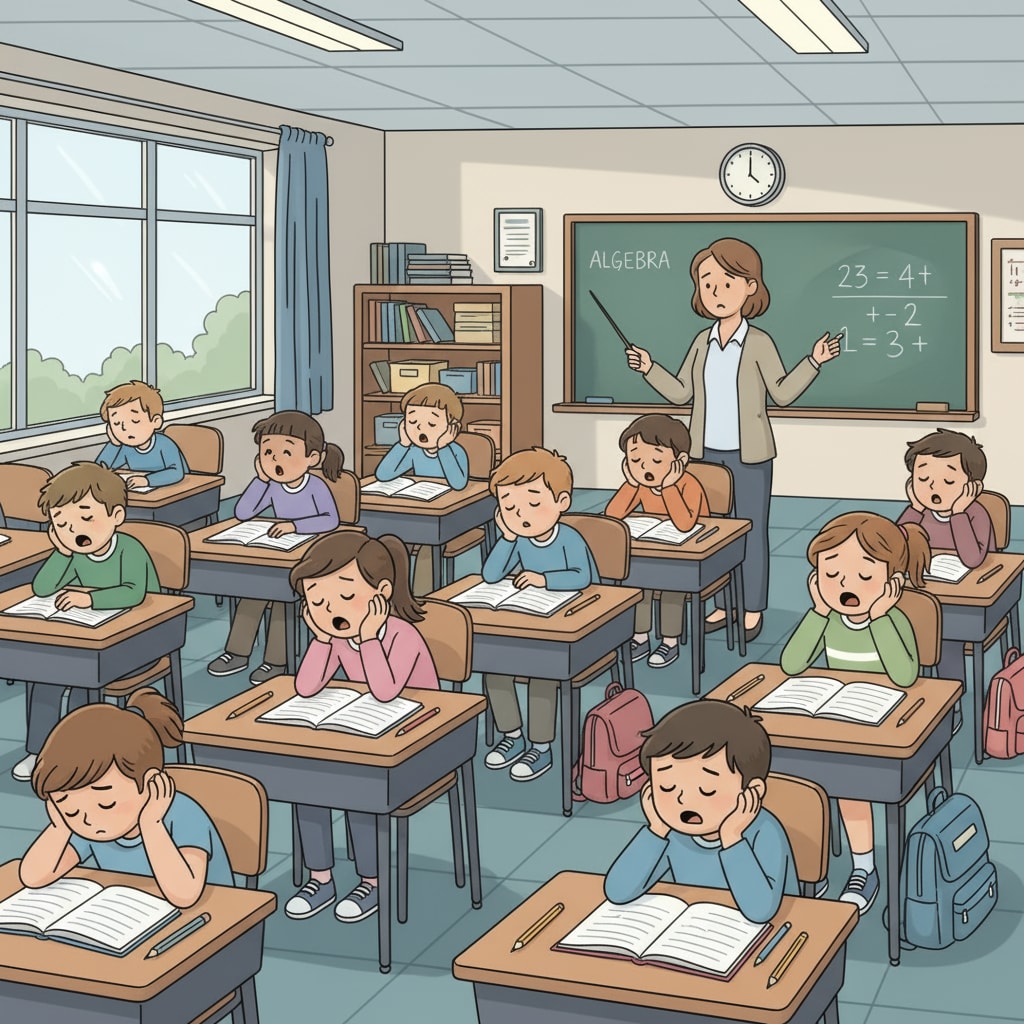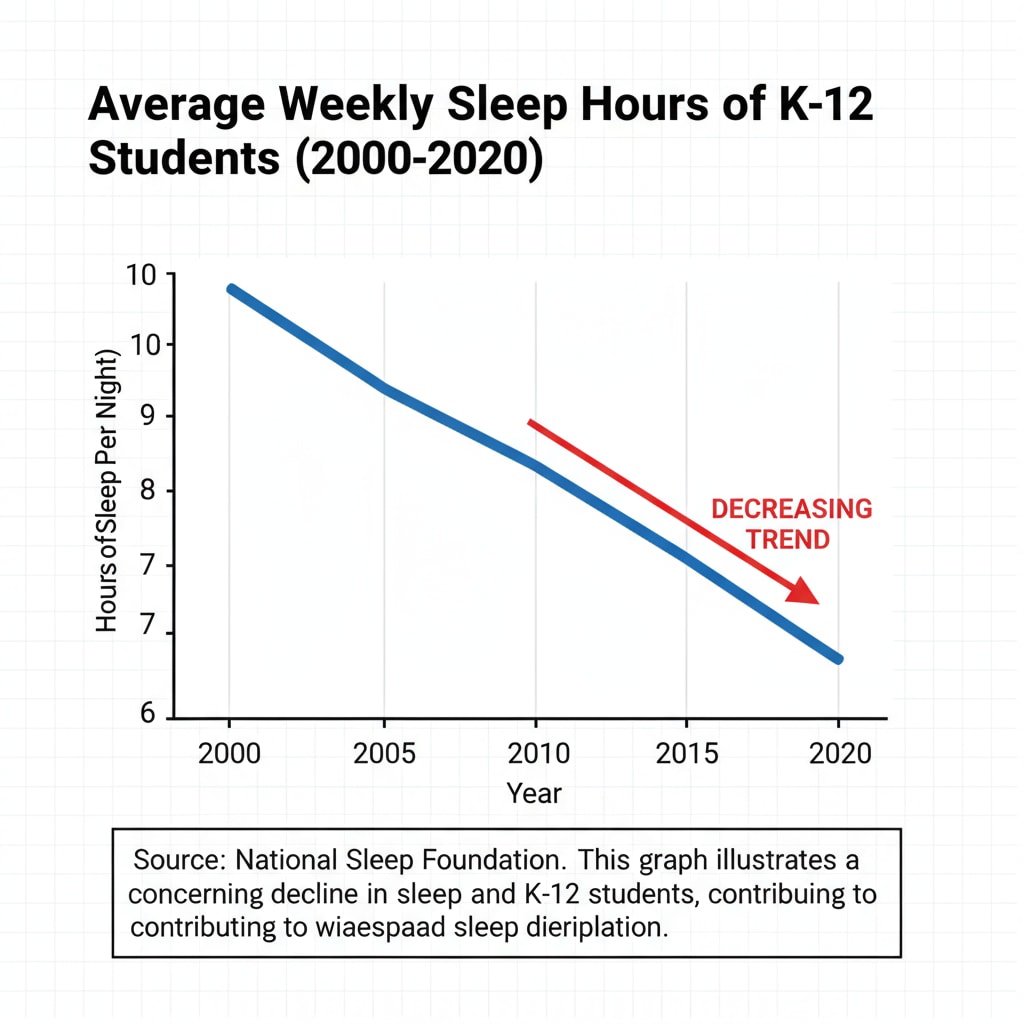Sleep deprivation, mental health, and school pressure are intertwined issues that significantly affect K12 students. In the current school education system, many students are facing the threat of sleep deprivation, which takes a toll on their overall health.

The Alarming Reality of Sleep Deprivation
Sleep deprivation among K12 students is becoming an epidemic. Long hours of homework, early school start times, and extracurricular activities leave students with insufficient time for sleep. According to the CDC, children and adolescents need a certain amount of sleep for proper growth and development. However, a large number of students are not meeting these requirements. This lack of sleep can lead to a variety of problems.

The Impact on Mental Health
The link between sleep deprivation and mental health is undeniable. When students don’t get enough sleep, they are more likely to experience mood swings, anxiety, and depression. A study on NCBI has shown that sleep-deprived students often have difficulty concentrating and regulating their emotions. This can further affect their academic performance and social relationships. In addition, long-term sleep deprivation may increase the risk of developing serious mental health disorders.
Moreover, school pressure exacerbates the situation. The constant stress of exams, assignments, and peer competition adds to the students’ mental burden. When combined with sleep deprivation, it creates a vicious cycle that is hard to break.
Readability guidance: As we can see, the issues of sleep deprivation, mental health, and school pressure are closely related. We need to address these problems to ensure the healthy growth of K12 students. By understanding the impacts, we can take steps towards finding solutions.
The Importance of Mastering the Learning Rhythm
Students need to take control of their learning rhythm. This means setting a reasonable study schedule that allows for sufficient sleep. When students can manage their time effectively, they are less likely to be overwhelmed by schoolwork. For example, creating a study plan that includes breaks and relaxation time can improve efficiency. By mastering their learning rhythm, students can reduce stress and improve their mental state.
In addition, parents and teachers also play important roles. Parents should encourage their children to develop good sleep habits and provide a supportive environment at home. Teachers can adjust teaching methods and assignment amounts to help students better balance study and rest.
Readability guidance: Therefore, taking control of the learning rhythm is a key step in solving the problems of sleep deprivation and school pressure. It can have a positive impact on students’ mental health and overall well-being.
Practical Suggestions for Ensuring Adequate Sleep
- Set a regular sleep schedule and stick to it, even on weekends.
- Create a comfortable sleep environment that is quiet, dark, and cool.
- Limit screen time before bed, as the blue light from electronic devices can interfere with sleep.
- Engage in relaxation activities such as reading or listening to music before sleep.
By following these suggestions, students can improve their sleep quality and reduce the negative impacts of sleep deprivation. This, in turn, will help them better cope with school pressure and maintain good mental health.
In conclusion, sleep deprivation, mental health, and school pressure are significant concerns for K12 students. It is essential that students, parents, and educators work together to address these issues. By ensuring adequate sleep and allowing students to master their learning rhythm, we can help students lead healthier, happier lives.


